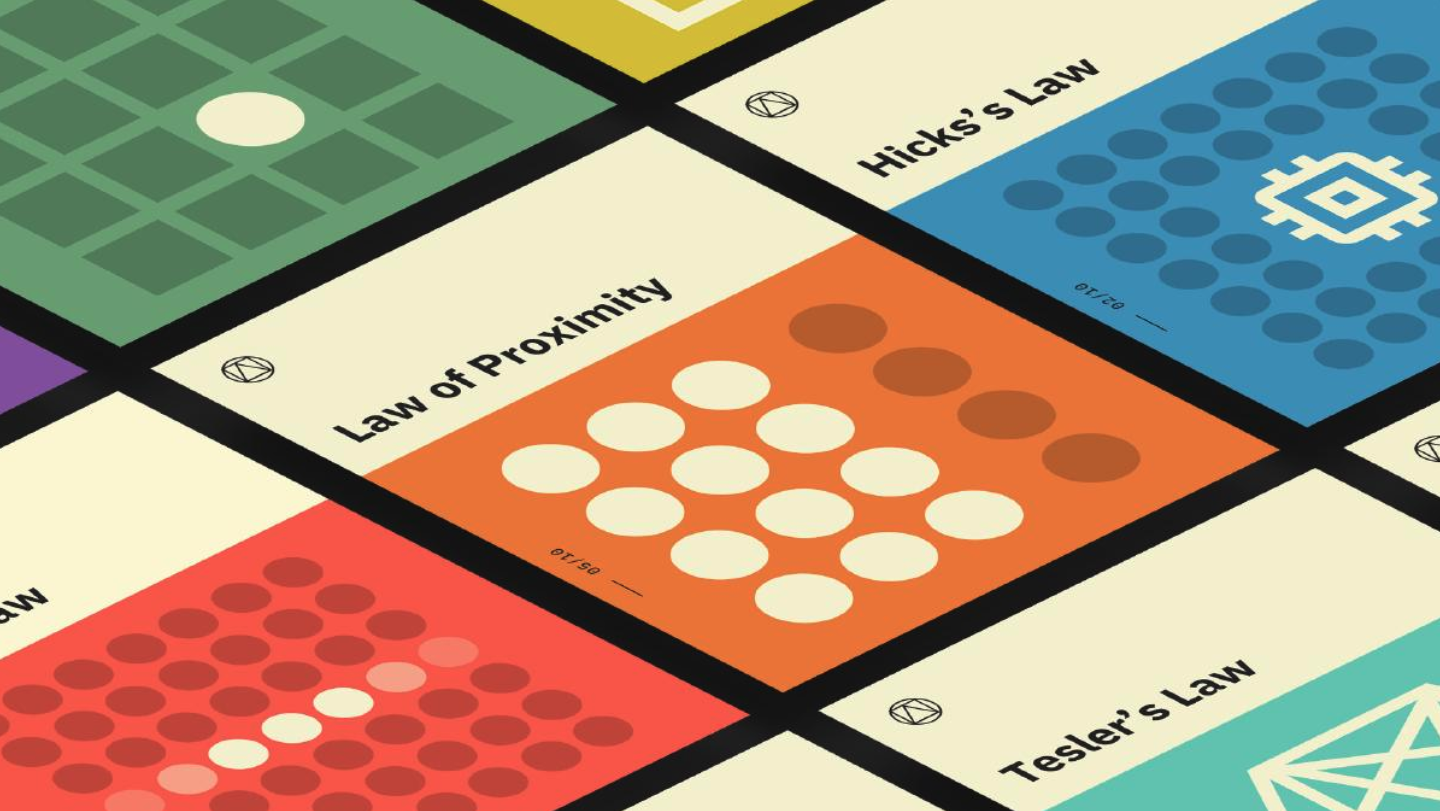
Laws of UX - Part 1
Laws of UX is a collection of the maxims and principles that designers can consider when building beautiful, engaging, fast and accessible user interfaces. It was created by Jon Yablonski.
Laws of UX is focused on making complex psychology heuristics accessible to more designers through an interactive resource that collects those that are relevant to user experience design.
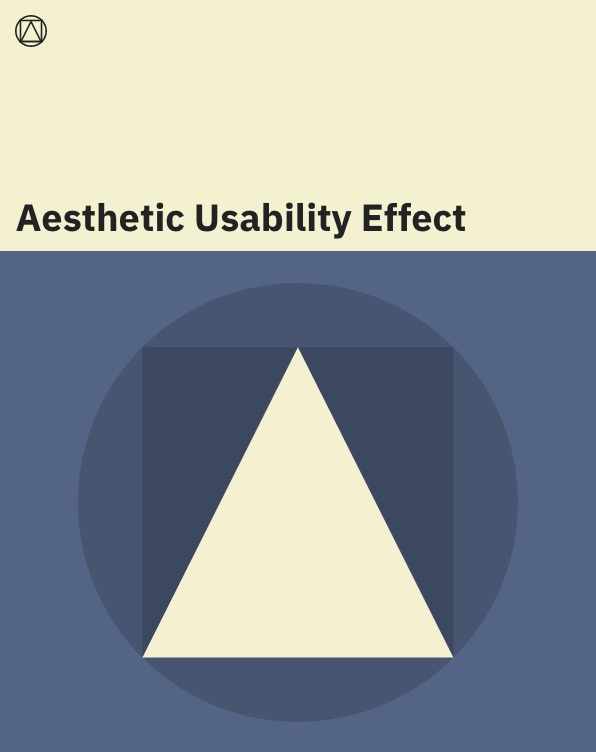
Aesthetic Usability Effect
Users often perceive aesthetically pleasing design as design that’s more usable.
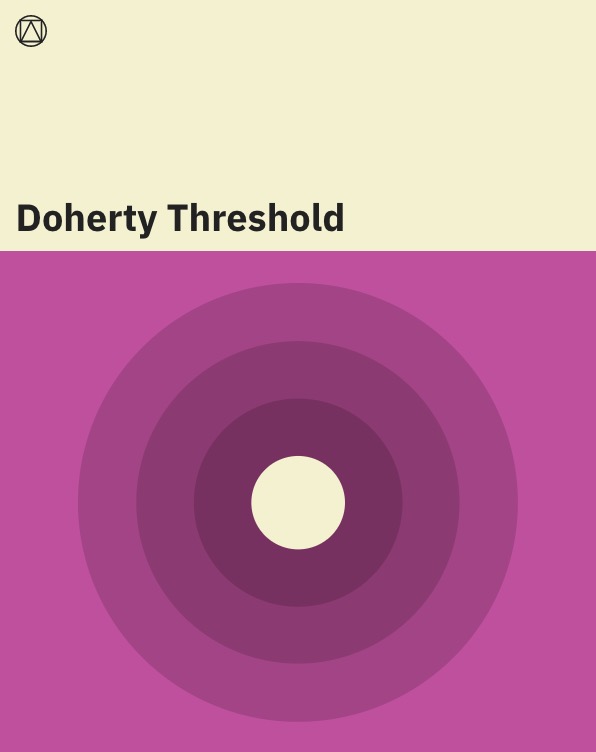
Doherty Threshold
Productivity soars when a computer and its users interact at a pace (less than 400ms) that ensures that neither has to wait on the other.
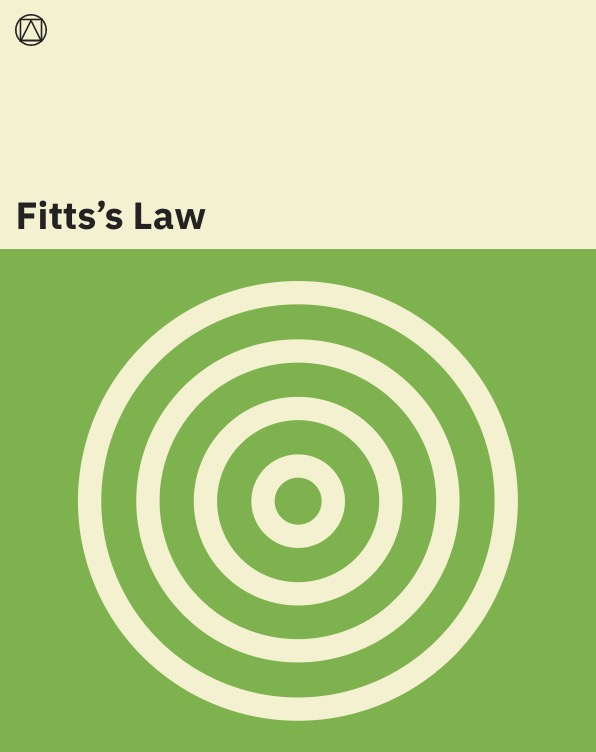
Fitt's Law
The time to acquire a target is a function of the distance to and size of the target.
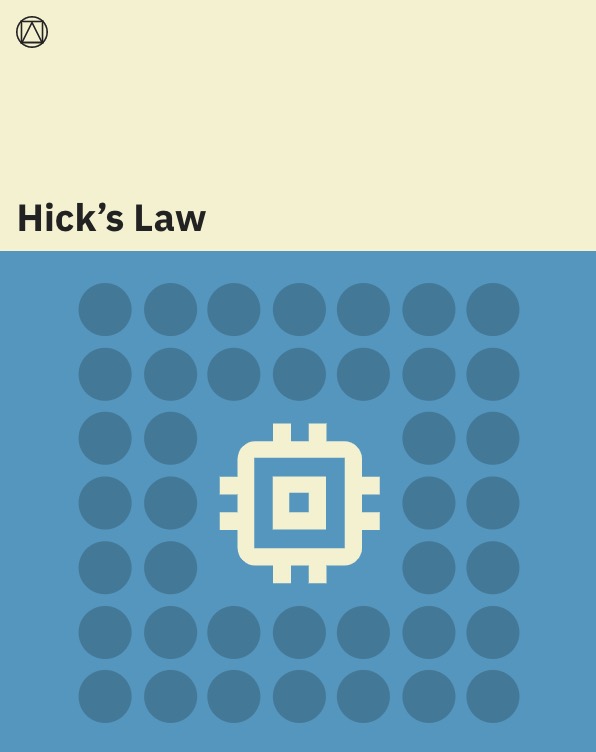
Hick's Law
The time it takes to make a decision increases with the number and complexity of choices.
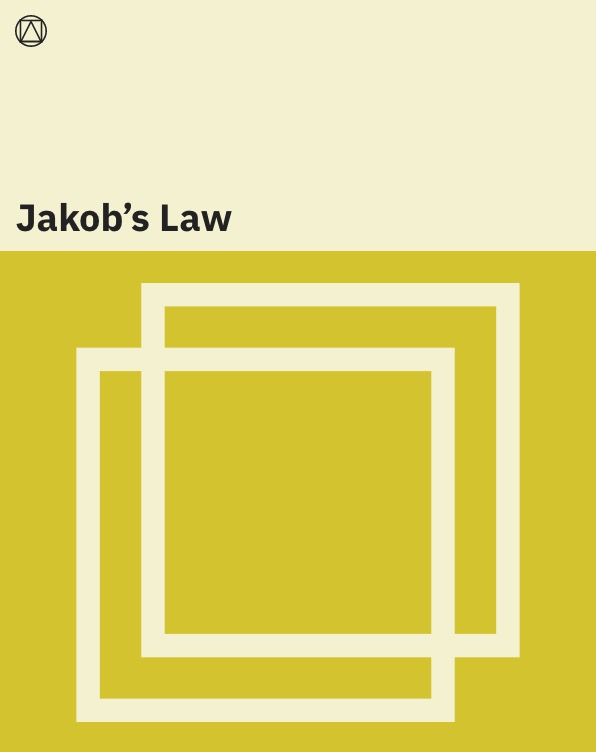
Jakob's Law
Users spend most of their time on other sites. This means that users prefer your site to work the same way as all the other sites they already know.
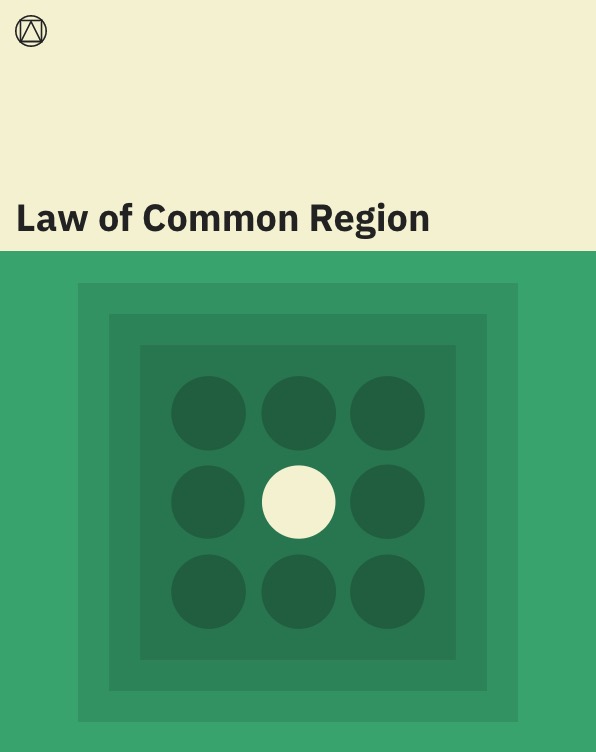
Law of Common Region
Elements tend to be perceived into groups if they are sharing an area with a clearly defined boundary.
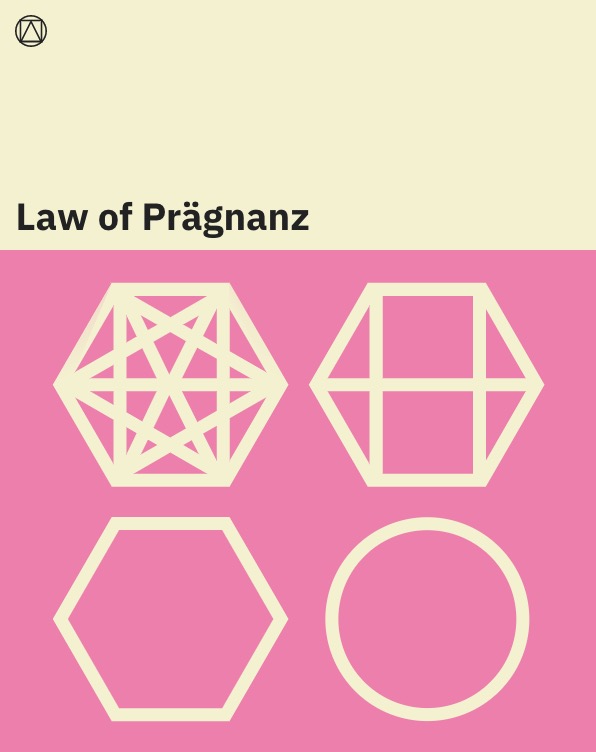
Law of Prägnanz
People will perceive and interpret ambiguous or complex images as the simplest form possible, because it is the interpretation that requires the least cognitive effort of us.
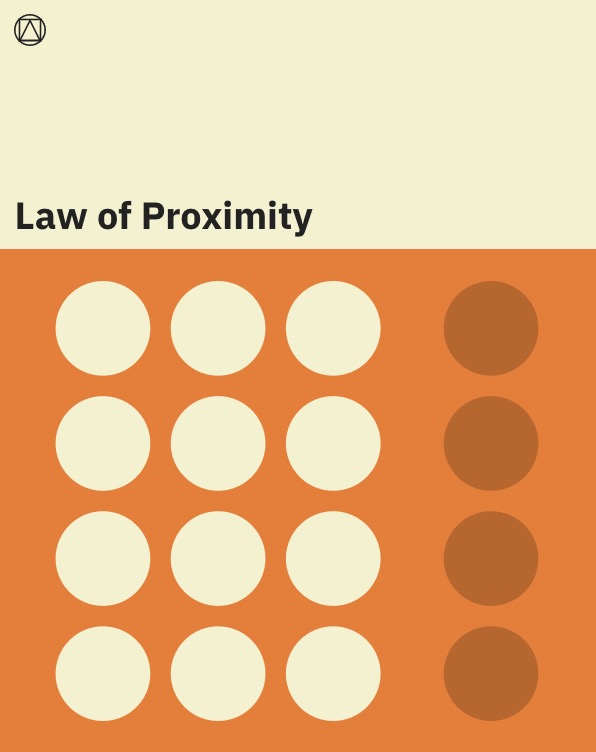
Law of Proximity
Objects that are near, or proximate to each other, tend to be grouped together.
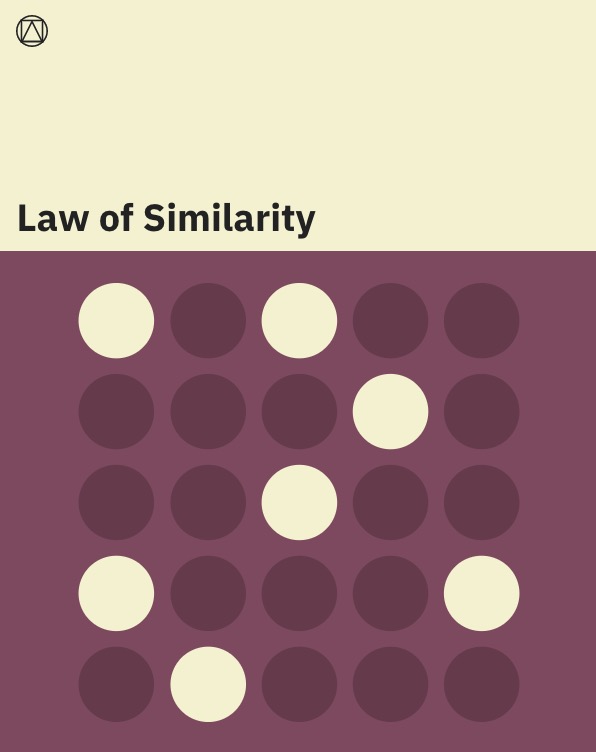
Law of Similarity
The human eye tends to perceive similar elements in a design as a complete picture, shape, or group, even if those elements are separated.
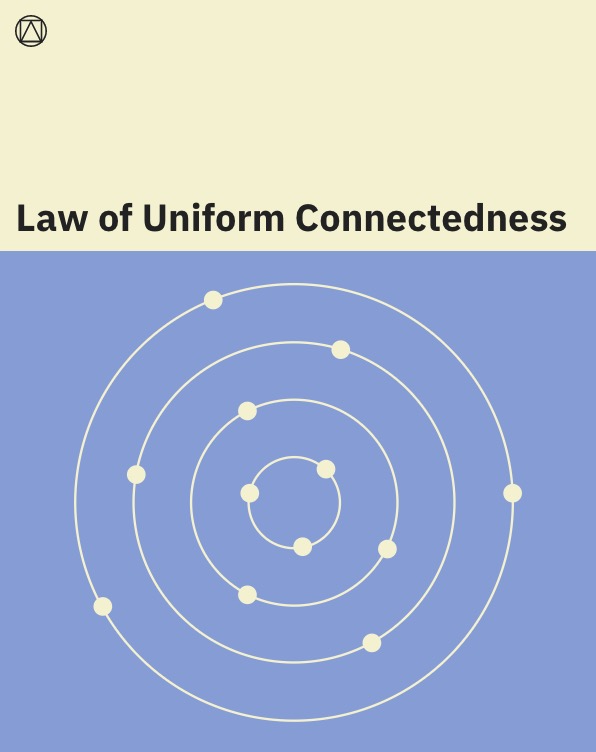
Law of Uniform Connectedness
Elements that are visually connected are perceived as more related than elements with no connection.
Law of UX was created by Jon Yablonski which seeks to make complex psychology heuristics accessible to more designers through an interactive resource that collects those that are relevant to user experience design and presents them in a visually engaging way. You can reach out to him via this contact form.
All the images are copyright of John Yablonski. You can find more info about this content here.








Comments